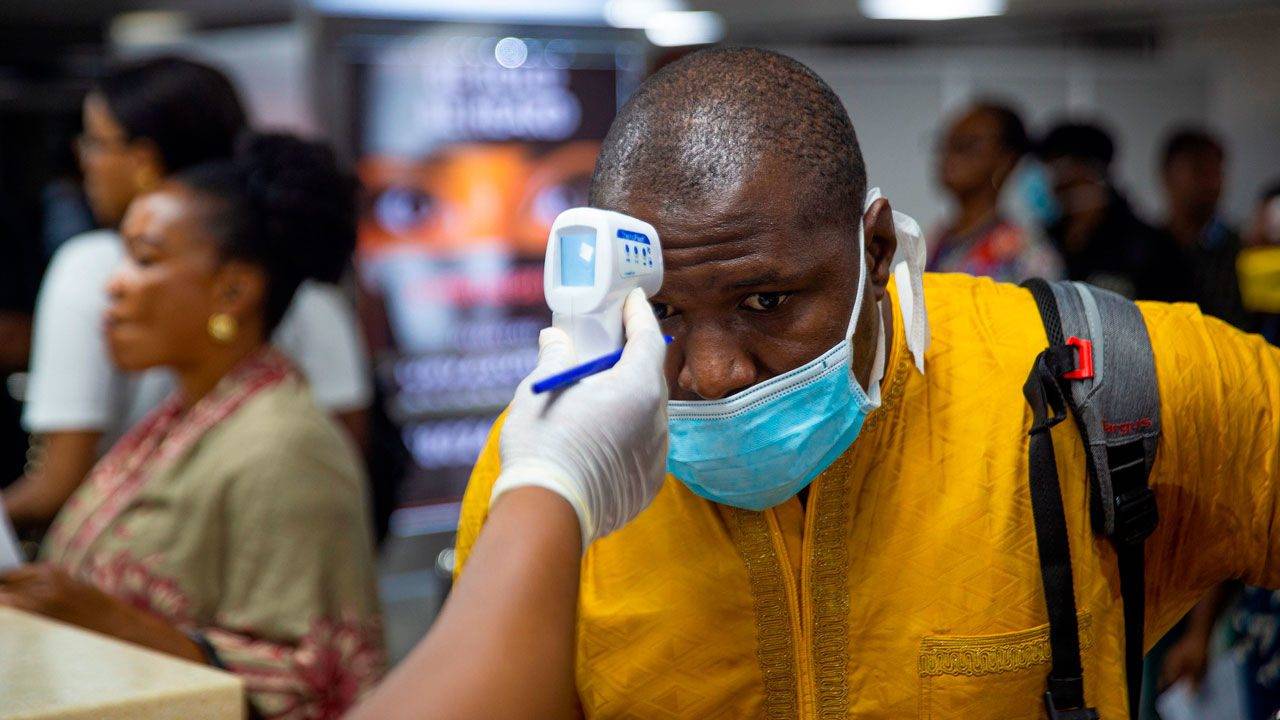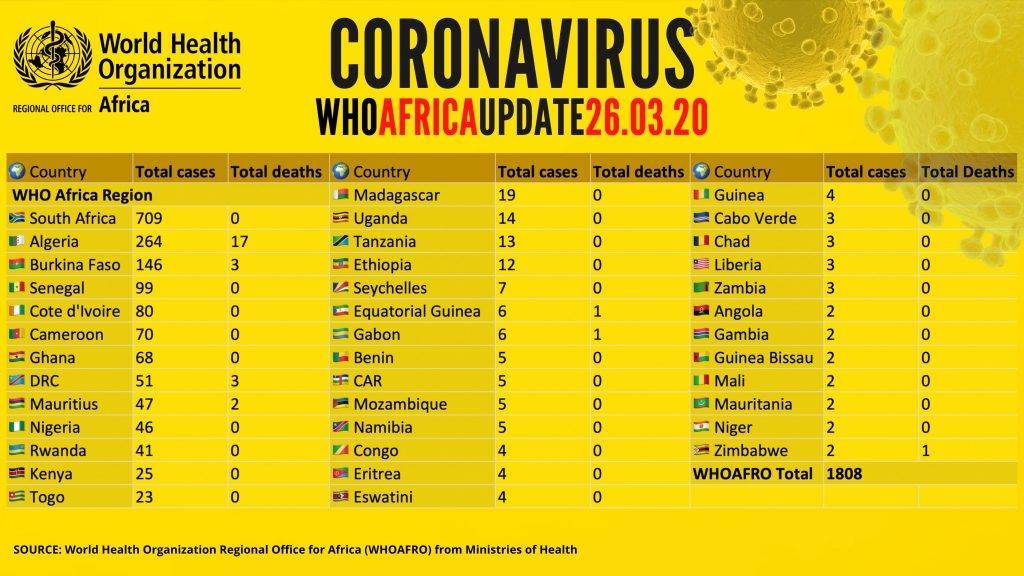Seychelles—Africa’s Strongest Passport Nation—Has One Of The Lowest COVID-19 Cases In The Continent

From national lockdowns to the work-from-home culture, there is no argument that the coronavirus pandemic has the world on its toes—or knees. While cases spike in places across Africa, Seychelles’ coronavirus cases make it appear that the small island nation is faring well.
High-risk Nations
Seychelles nationals wield a passport that is as strong as that of Japan in Asia or Germany’s in Europe. That means, they are able to travel to more parts of the world than nationals from any other African country.
Seychellois have access to 151 countries of the world, giving their passport the 29th place on the latest global passport index. This is made possible by strategic mutual visa waivers—allowing its citizens to travel to countries like Austria, Italy, Germany, Russia, Spain and India without a visa.
This puts Seychelles among the high-risk countries in Africa in terms of imported coronavirus cases. For instance, Japan—the country with the strongest passport in the world—has 1,387 cases, 47 of which have died. The number is understandable given that Japan shares a continent with China where the virus originated, even though they do not share a border.
Mind you, a citizen of Singapore, Brunei or Japan with an ordinary passport is exempted from a visa if he or she visits China’s mainland for tourism, business, or meeting with friends or relatives. The same is the case if he or she enters China through ports open to foreigners, and stays for no more than 15 days.
Also, Germany—the country with the second-strongest passport in the world—has 47,278 cases, most of which were imported into the country.
But Low Cases
A country of 98,347 people within a land mass of 459 km², Seychelles is the least populated sovereign African nation and the continent’s smallest by area.
So far, 46 out of 54 countries on the continent have recorded confirmed cases, inclusive of which is this small island nation. However, Seychelles’ coronavirus cases, surprisingly, currently stands at just 7, according to the nation’s Department Of Health. This is one of the lowest records in Africa.

Meanwhile, Mauritius—the country with Africa’s second-strongest passport—has 81 cases. South Africa, which comes third in the continent’s passport ranking, is now the worst-hit nation in Africa, with 927 cases at press time. The country has already gone into a national lockdown, which will last for 31 days.
Seychelles’ low cases of coronavirus surprises in the regard that it is more exposed to imported cases. Or, are Seychellois not just leveraging their passport power? Not quite.
Seychelles recorded its first 2 cases on March 11. The country’s Public Health Commissioner, Jude Gedeon, announced late that day that 2 citizens returning from Italy on March 11 had tested positive for the virus.
Italy, in context, is now the third worst-hit country in the world, with 80,589 confirmed coronavirus cases. Also, Nigeria’s first COVID-19 patient is an Italian male. Well, Italy has the fourth most powerful passport in the world, as it citizens can travel to 188 different destinations.
Situation Report
“As we learnt these two people had been in contact with a sick person, we decided to do the tests this morning and the results were positive,” Jude Gedeon said during that novel announcement.
But, almost immediately, there was a national order which seemingly set aside the country’s title as a popular tourist destination. The government blocked cruise ships and travelers coming in from South Korea, China and Italy—three COVID-10 hotspots at the time.
At an isolation centre, the Family Hospital, 24 persons are being quarantined and investigated for potential infection. 1 person in isolation for 9 days was re-tested negative, but will be tested again in 24 to 48 hours. Should the results remains negative, the person will be considered for discharge.
Air Seychelles—the country’s national airline—flew to Mauritius to repatriate Seychellois nationals. The total number of passengers stood at 52 passengers, all of which were taken to the designated quarantine centre where they remained for 14 days.
Health workers in the country are keeping a close eye on air and sea ports, requiring all passengers to fill out a form upon arrival. Moreover, tests for the virus are conducted in the Public Health Lab of the Seychelles Hospital by qualified health professionals according to set international standards.
Strict Measures
A March 24th press release from Seychelles’ Department of Health shows how the country is resorting to stricter measures to stop the importation of the virus into the country. More so, it is shaking up its own USD 4.4 Mn (5.9 billion Seychelles Rupees) tourism industry to combat it.
First off, passengers arriving from any country (except returning Seychellois citizens) are not allowed to enter Seychelles. In complicated situations, the airline is to return the passenger to their destination, and bear the costs.
All Seychellois citizens returning from any country will be subjected to additional health screening and placed under obligatory quarantine for at least 14 days upon arrival.
Airlines with inbound flights for Seychelles are directed not to board any passengers or crew (except returning Seychellois citizens) from any country. Similarly, any person arriving in Seychelles by sea from any marine vessel (except returning Seychellois citizens) will not be allowed to disembark.
However, foreign nationals who require to enter Seychelles for special reasons have to obtain written permission from the Public Health Commissioner prior to leaving their country of origin.
To cap it, all Seychelles citizens and residents are banned from travelling abroad, a directive effective as of Monday 23rd March 2020, for a period of 30 days. Foreign workers holding a Seychelles GOP (Gainful Occupation Permit) are not allowed to return until further notice and no new GOPs are to be issued.
Featured Image: Science Mag